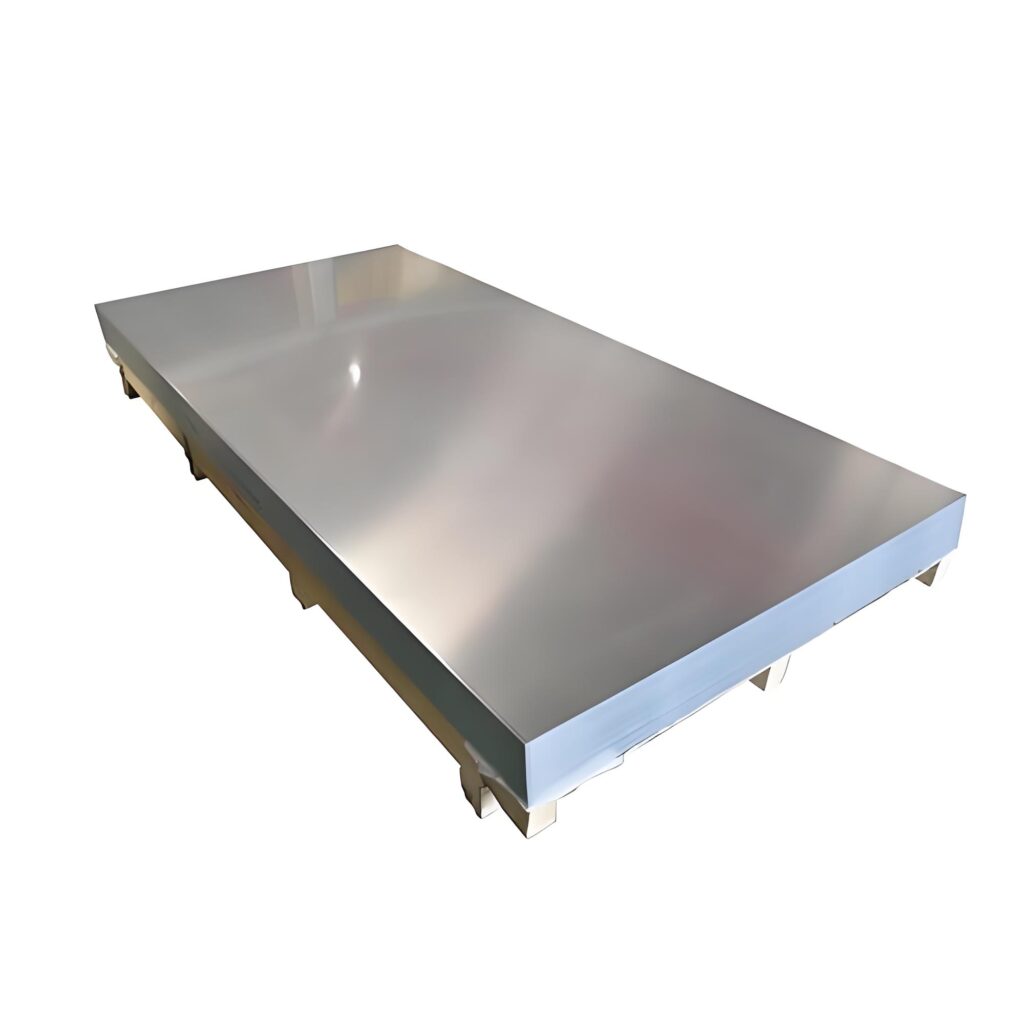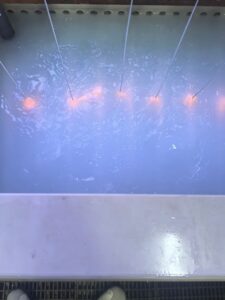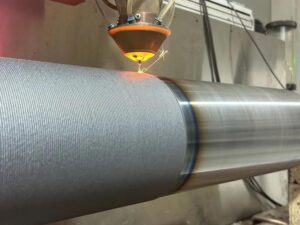What Is 5083 Aluminum?
5083 aluminum is a high-strength, corrosion-resistant aluminum alloy primarily composed of aluminum, magnesium, and manganese. It is widely recognized for its exceptional performance in marine and industrial environments where durability and corrosion resistance are critical.
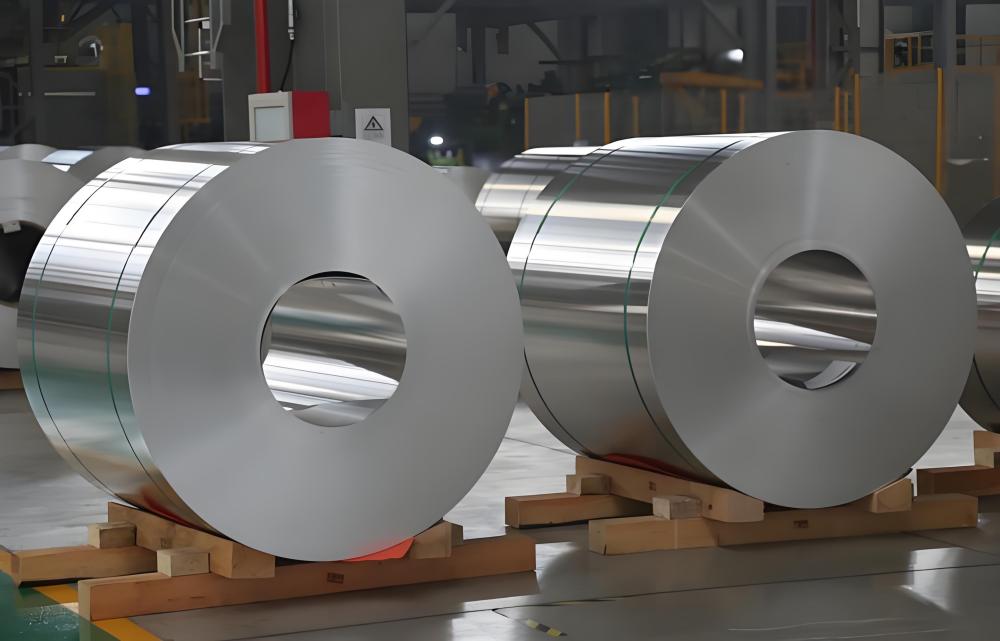
As a marine-grade alloy, 5083 aluminum maintains excellent mechanical properties even after welding. This makes it ideal for shipbuilding, pressure vessels, cryogenic tanks, and transportation systems that require lightweight materials with high structural integrity. Engineers rely on this alloy because it combines long-term performance, ease of fabrication, and resistance to seawater exposure.
Chemical Composition and Standards
The chemical makeup of 5083 aluminum provides a strong balance between strength and corrosion protection. The typical composition includes:
- Aluminum (Al): Balance
- Magnesium (Mg): 4.0–4.9%
- Manganese (Mn): 0.4–1.0%
- Chromium (Cr): 0.05–0.25%
- Iron (Fe): ≤ 0.4%
- Silicon (Si): ≤ 0.4%
This alloy conforms to international standards such as ASTM B209, EN 573, and AA 5083. Depending on temper, it can achieve tensile strengths up to 320 MPa. Its fine-grained structure offers outstanding resistance to seawater pitting, stress corrosion, and oxidation, which is essential for long-term marine exposure.
Mechanical and Physical Properties
5083 aluminum is valued for its excellent combination of mechanical and physical characteristics:
- Tensile Strength: 270–350 MPa (depending on temper)
- Yield Strength: 125–200 MPa
- Melting Point: 570–640 °C
- Density: 2.65 g/cm³
- Weldability: Excellent, retains most of its strength after welding
- Corrosion Resistance: Exceptional, especially in marine and industrial conditions
These attributes make it one of the most versatile and reliable aluminum alloys available for structural and marine use.
Key Advantages of 5083 Aluminum
5083 aluminum offers several advantages that make it a preferred material in demanding engineering projects:
- Superior resistance to seawater and chemical environments
- High strength-to-weight ratio for efficient design
- Excellent weldability, even in thick sections
- Reliable performance under cryogenic conditions
- Fully recyclable and sustainable material choice
Because of its balance between strength, corrosion resistance, and environmental compatibility, it remains one of the most widely used alloys for high-performance construction and transportation.
What is 5083 aluminum used for?
The versatility of 5083 aluminum makes it a staple in several industries.
Marine and Shipbuilding
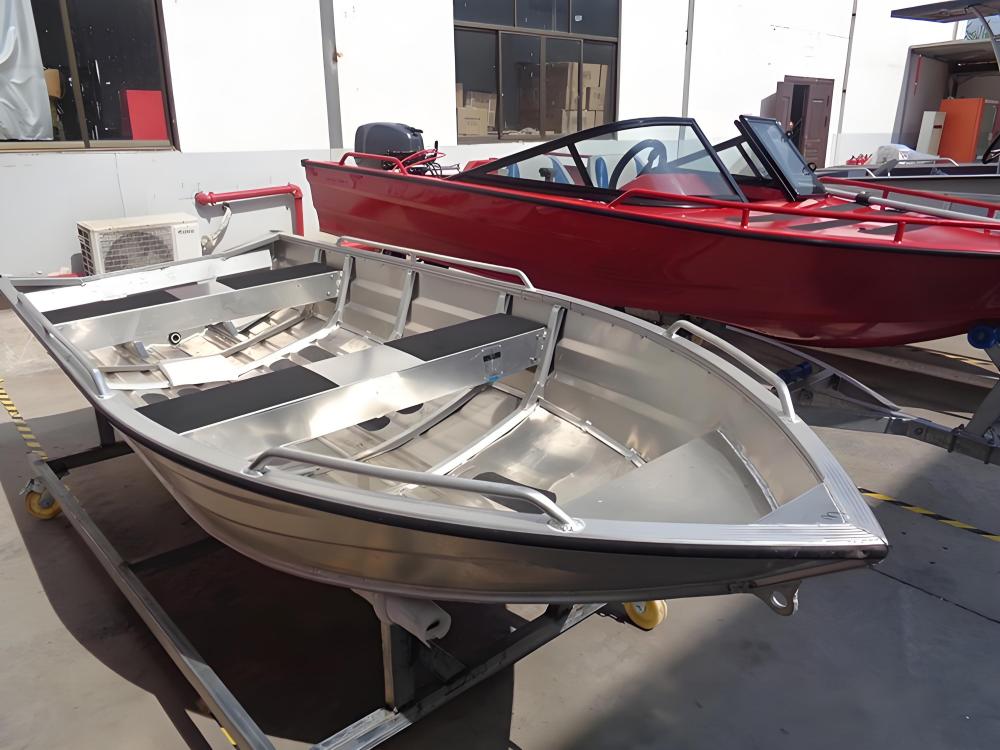
5083 aluminum is classified as a true marine-grade alloy. It is used in hulls, decks, superstructures, and offshore platforms, providing long-term protection against saltwater corrosion and mechanical stress.
Transportation and Automotive
Its high strength and low weight make it ideal for truck bodies, fuel tanks, and armored vehicles, where reduced weight translates into improved efficiency and payload capacity.
Pressure Vessels and Cryogenic Storage
Because it maintains strength at very low temperatures, 5083 aluminum is a top choice for LNG storage, cryogenic tanks, and pressure vessels that require both safety and reliability.
Aerospace and Defense
In the aerospace and defense industries, the alloy’s corrosion resistance and strength make it suitable for protective armor plating and structural parts.
Industrial Fabrication
It is also used for cranes, bridges, and heavy structural components that demand both load-bearing capacity and long service life.
Comparison: 5083 vs. 6061 Aluminum
While both alloys are popular, 5083 and 6061 serve different purposes.
| Property | 5083 Aluminum | 6061 Aluminum |
|---|---|---|
| Main Alloying Element | Magnesium | Magnesium & Silicon |
| Corrosion Resistance | Excellent (Marine Grade) | Good |
| Strength | Higher | Moderate |
| Weldability | Excellent | Good |
| Machinability | Fair | Better |
| Common Uses | Marine, cryogenic, pressure vessels | Aerospace, automotive, structural |
In summary, 5083 aluminum outperforms 6061 in corrosion resistance and strength under harsh environments, whereas 6061 offers better machinability for general structural use.
Sustainability and Recycling
5083 aluminum is fully recyclable without losing its physical or chemical properties. Recycling requires only about 5% of the energy needed to produce primary aluminum, making it one of the most environmentally efficient materials in the industry. Manufacturers often choose this alloy for projects that emphasize long service life and reduced environmental impact.
Conclusion
5083 aluminum remains one of the most reliable and versatile materials available for marine and industrial applications. Its combination of corrosion resistance, weldability, and strength ensures consistent performance even in the toughest conditions. For engineers, shipbuilders, and manufacturers seeking a durable, sustainable, and high-performance material, 5083 aluminum continues to be the alloy of choice backed by decades of proven field experience.
At Precionn, we specialize in precision machining services, delivering high-quality fabrication, tight tolerances, and customized solutions for 5083 aluminum and other advanced alloys. Our expertise ensures that every component meets the exacting standards required for marine, aerospace, and industrial applications, helping our clients achieve superior performance and reliability in their projects.

